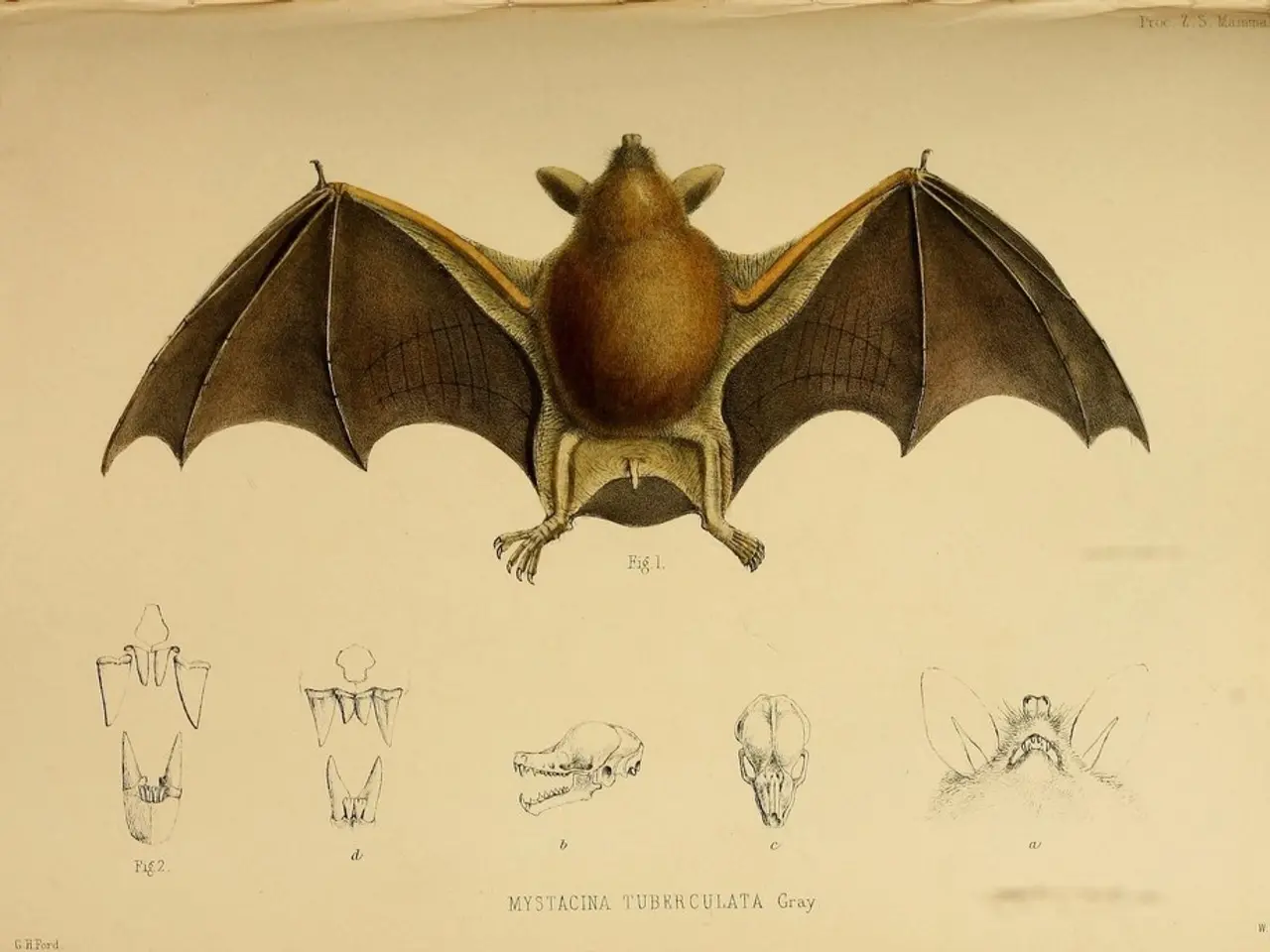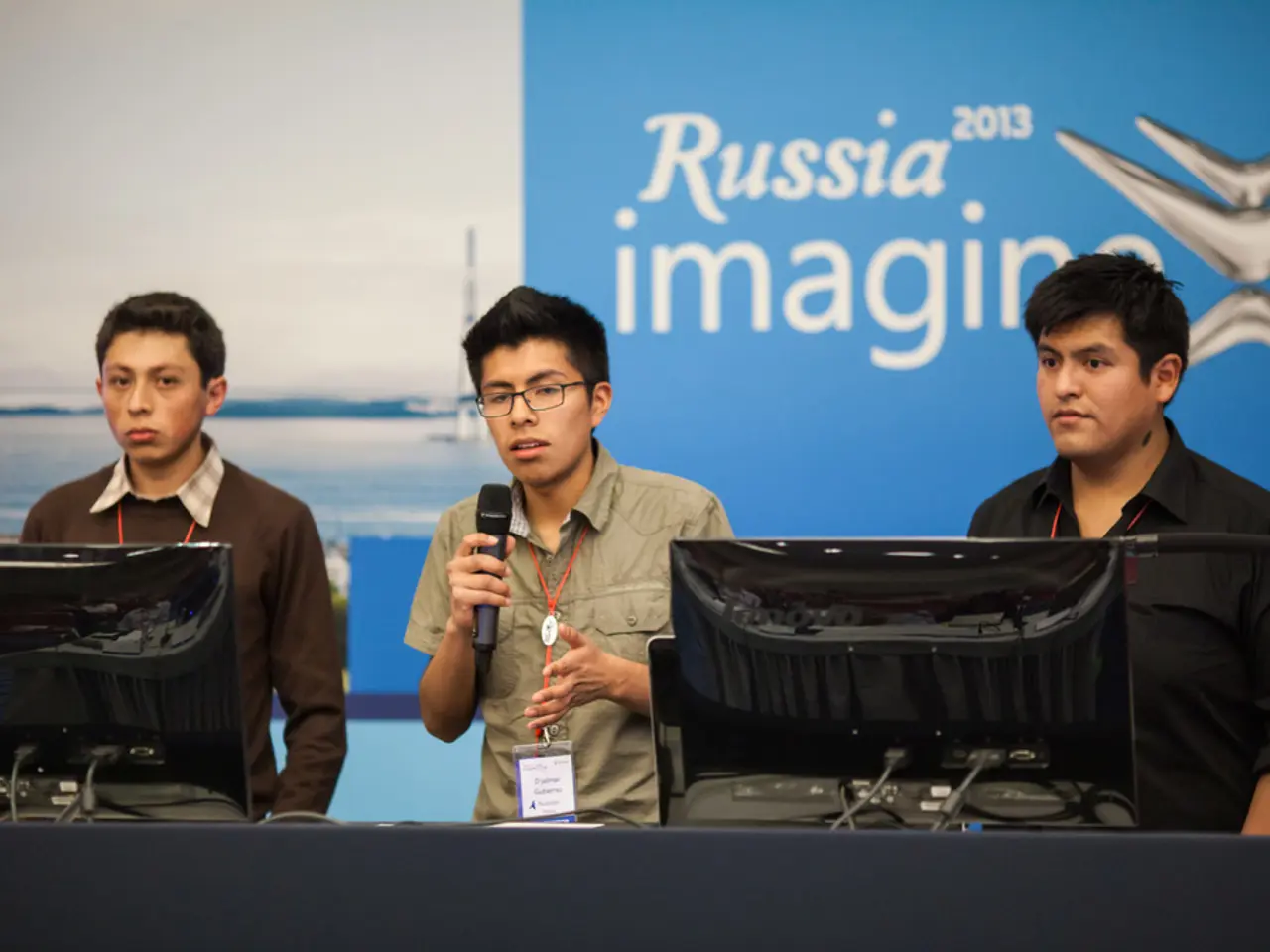Svolt's Thailand manufacturing facility achieves significant production landmark with 10,000th electric vehicle battery pack assembly.
Chonburi, Thailand - Chinese battery manufacturer SVOLT, in partnership with Thailand's Banpu, has achieved a significant milestone with the production of its 10,000th electric vehicle (EV) battery pack at their joint venture factory in Chonburi. This factory, a beacon of clean energy technology and local operational expertise, is playing a crucial role in Thailand's new energy vehicle industry.
The factory, which utilises advanced short-blade cell technology and an intelligent production system, offers a significant advantage in quality and efficiency. With 50% of its operations involving automated testing processes, the defective battery cell rate has been significantly reduced. This focus on innovation and quality is evident in the factory's products, which have been certified under Thailand's TISI standards and benefit from EEC tax incentives.
The factory's strategic location near the Laem Chabang Port offers logistical advantages, enabling it to serve the entire Southeast Asian market. Currently, the factory's battery packs are used in China-branded vehicle models like Great Wall Motor's ORA Good Cat, HAVAL H6 PHEV, and TANK 300 HEV in the Thai market.
Looking ahead, the factory is actively expanding its operations, with a focus on lightweight power solutions and energy storage systems tailored specifically for the Southeast Asian market. This expansion includes the construction of energy storage assembly lines and the development of pilot projects integrating solar power, energy storage, and EV charging infrastructure.
Key future plans also include collaborating with Thai educational institutions and partners to develop local talent and facilitate the growth of a regional supply chain. The factory aims to explore deeper collaborations to expand its role in EV battery and Battery Energy Storage Solutions (BESS) across the Asia-Pacific region.
Mr. Chen Lei, General Manager of SVOLT's Thailand Plant, stated that the factory will foster local talent, work with Thai partners, and create a pilot project integrating solar, storage, and charging infrastructure. Mr. Smittipon Srethapramote, Banpu NEXT CEO, emphasised that the factory will explore further collaborations to expand EV battery and BESS across the Asia-Pacific region.
The factory leverages advanced digital production systems and automation to maintain high yield and quality standards, forming a solid foundation for this strategic expansion. The factory integrates eight major digital systems, including WMS smart logistics, and uses MES systems for full traceability from raw materials to finished products.
The rapid advancement of the joint venture factory is due in part to the excellent execution of the local team - Thai employees work closely with Chinese technical teams to ensure the successful local implementation of SVOLT's standards. The factory operates two production lines for CTP & LCTP/HEV, and its production lines have a yield rate of 99.9%.
The advancement of the joint venture project is attributed to Thailand's "EV 3.0" policy incentives for the new energy vehicle sector. The partnership between SVOLT and Banpu aims to establish Thailand as a leading battery manufacturing hub, contributing to the country's sustainable energy goals and the growth of the Southeast Asian EV market.
The factory, utilizing advanced digital production systems and automation, integrates eight major digital systems to maintain high yield and quality standards, with 50% of its operations involving automated testing processes, resulting in a significantly reduced defective battery cell rate. This strategic location near the Laem Chabang Port, which enables it to serve the entire Southeast Asian market, also benefits from Thailand's TISI standards certification and EEC tax incentives, positioning it as a significant player in the region's energy, technology, finance, and new energy vehicle industry.




